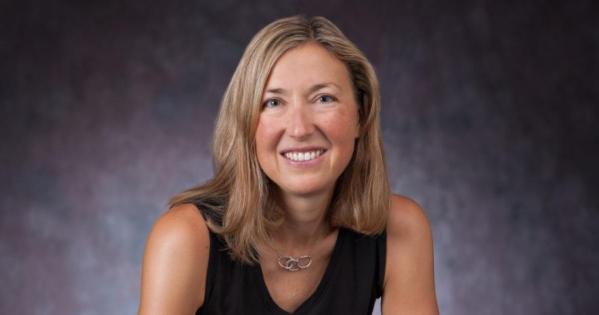Professor Explores Help-Seeking Patterns Among Adult Victims of Intimate Partner Violence

With funding from the National Institute of Justice (U.S. Department of Justice), SPA Professor Lynn Addington recently studied how and where emerging adults, or those aged 18-25, seek help after experiencing intimate partner violence. The results appear in a recent article, “Exploring Help Seeking Patterns for Emerging Adult Victims Using the National Intimate Partner and Sexual Violence Survey,” in the journal Violence Against Women.
The category of “emerging adult” is important in this context: during this developmental period, victims learn lifelong skills in identifying and asking for help. While the findings highlight the importance of friends as a common and meaningful resource, they also reveal that many victims do not seek any help at all.
Addington used the 2010 National Intimate Partner and Sexual Violence Survey (NISVS) general population dataset, which collects detailed information about help-seeking among victims of sexual violence, stalking, and intimate partner violence. Her analysis considered various forms of help-seeking, including informal sources of assistance (friends, family, or partners) and formal sources, such as the police, doctors, or a hotline or service.
While most research on this group has focused on college students, ignoring the 40% who do not attend college, Addington’s work provides important new insights by including all emerging adults, in light of previous work suggesting that non-college-students are, in fact, at greater risk for sexual violence victimization than their college peers.
The results show that nearly half (48%) of non-college victims seek informal help, compared to just 41% of those with some post-secondary education. For both education groups, friends are the most common source of informal help, representing over half of all emerging adult victims. While both groups turn to formal sources of help less frequently, victims with some post-secondary education were more likely to use counselors than non-college victims (14% versus 6%, respectively).
Addington also compared the perceived values of these various forms of support. The vast majority of emerging adults who turned to friends, regardless of educational level, found the help provided to be valuable.
These findings, said Addington, provide important foundational information, yield insight into the specific types of support that friends provide and their value, and raise new questions about victims who seek no help. Troublingly, she found that more than one-third of emerging adult victims, regardless of education or gender, do not seek help in any form.
“We have a large group of emerging adult victims who aren't seeking any kind of help and it's not clear why,” Addington said. “I hope this research sparks future work to learn more about informal help-seeking and why victims do or do not seek help. It could also support policies to better inform the general public about victim resources and how to assist victims in case they have a friend or family member disclose a victimization experience.”